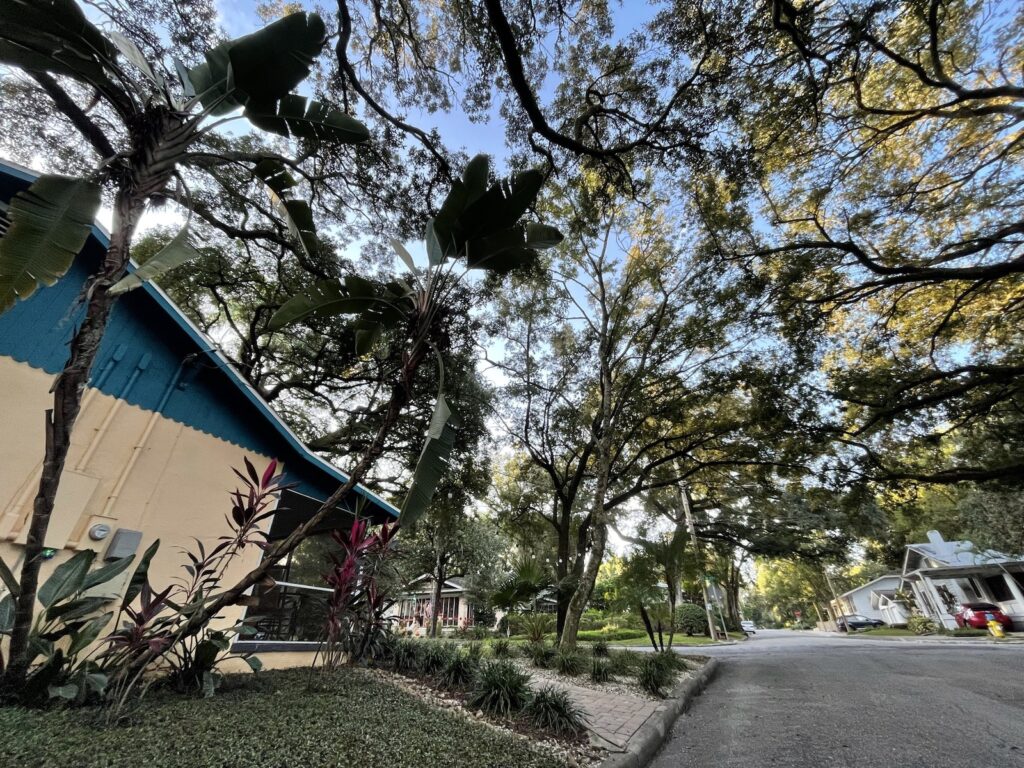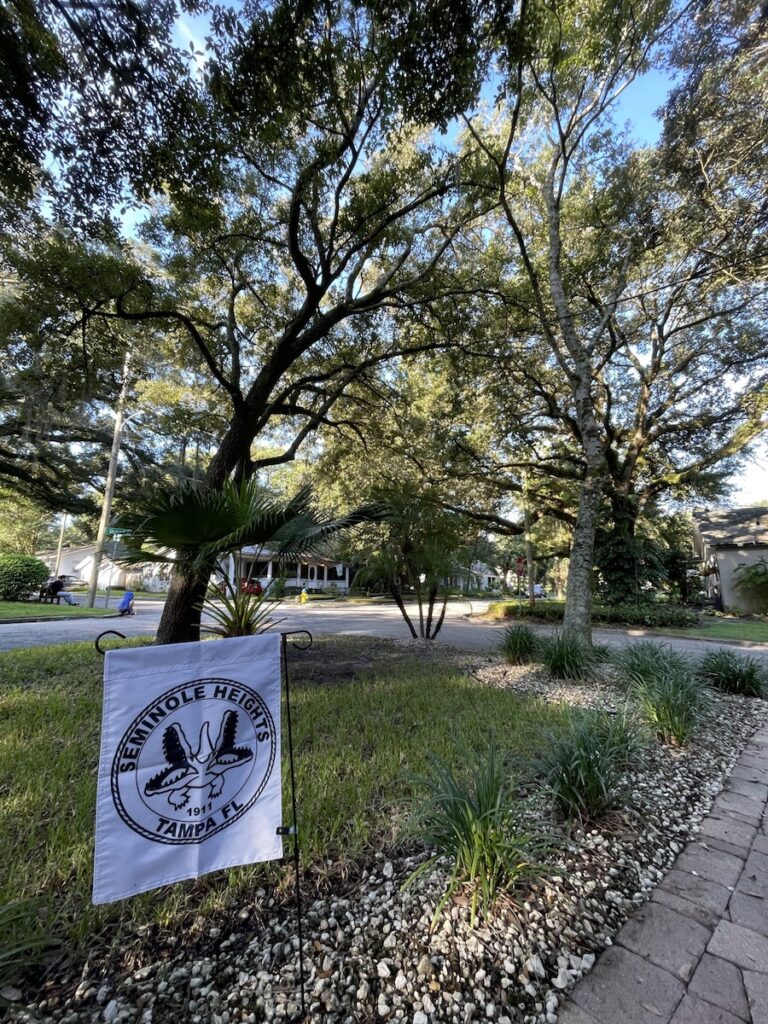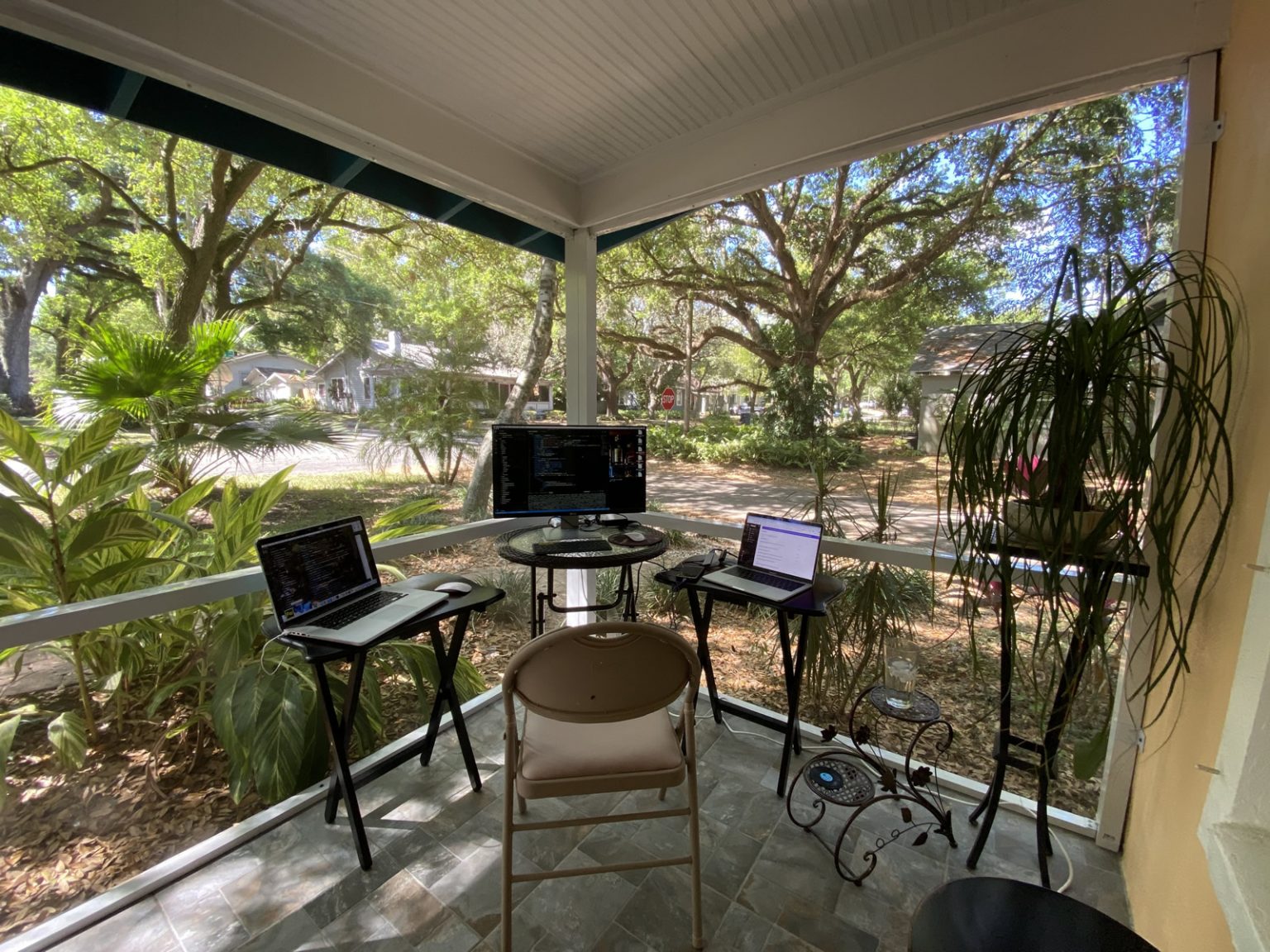
Today, November 5th, is my birthday. And today, November 5th, 2021, should be the start of an interesting weekend.
We’re making the 45-minute drive to this place…

…to attend this event…
 …and I’m going to learn how to play this instrument…
…and I’m going to learn how to play this instrument…

…along with this lovely lady:

I have to admit that I’m terrible with string instruments. However, Anitra’s been taking up the ukulele for the past few months, and the big Tampa Bay uke conference falls on my birthday weekend.
But hey, birthdays are a great time to take personal stock and even stretch oneself. So, I ordered a ukulele (we’re now a two-uke household), we got VIP tickets to the Tampa Bay Ukulele Getaway and also snagged rooms at the convention resort, the Sirata. It’s on St. Pete Beach, and right next door to where we got married — a return to the scene of the crime!
I’ve done a couple of evening’s worth of noodling on the uke, and I can already fumble my way through:
- The Sex Pistols’ Anarchy in the UK,
- Poison’s Talk Dirty to Me,
- OMC’s How Bizarre,
…and a whole lot of I-IV-V songs. That should help, because there are a lot of play-along jam sessions happening this weekend. I’m going to have to tap into my Pacific Islander powers this weekend.
And yes, I’m also bringing the accordion.










